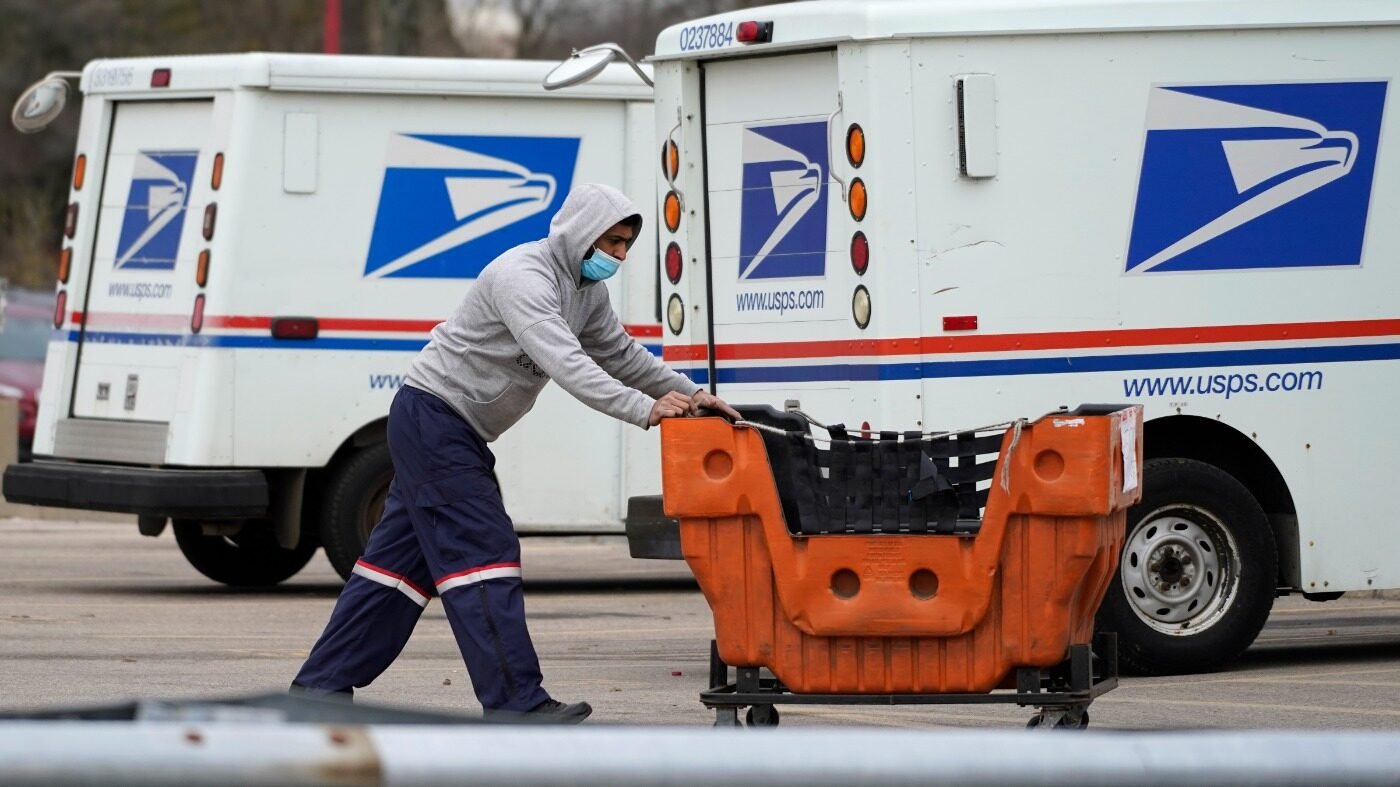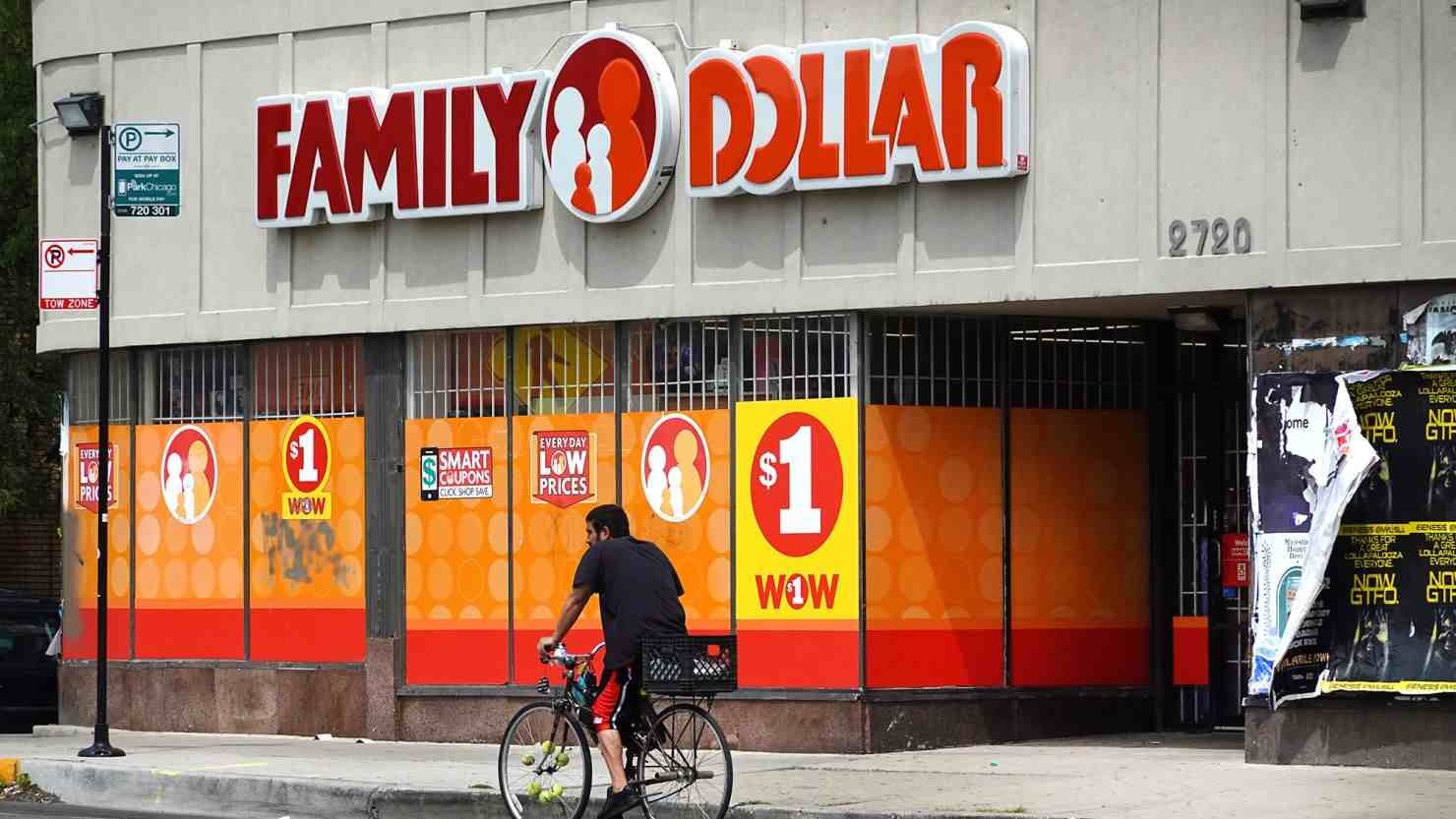Louis DeJoy, the head of the U.S. Postal Service (USPS), has announced that he will step down. He has asked the USPS Board of Governors to begin searching for his replacement. DeJoy has been at the helm of USPS since 2020 and has been a polarizing figure because of his reforms in mail delivery, rates, and operations.
While some appreciated his attempts to modernize USPS and address its financial issues, others condemned him for slowing down mail delivery, raising costs, and merging processing facilities. DeJoy previously indicated to Congress that he would remain in his role “until somebody hauls me out of here,” but now says the time is right to begin the transition process.
He said there is still significant work to be done, but USPS requires leadership capable of managing the agency’s long-term vision.
USPS has been rolling out DeJoy’s “Delivering for America” plan, which will stabilize the agency’s finances after decades of deficits. The plan involves consolidating mail processing facilities into 60 large regional plants, moving sorting operations away from local post offices, and postponing some mail pickups until the following day. USPS is also spending $40 billion on modernizing facilities, updating workplaces, and buying a new fleet of vehicles, many of which will be electric.
Most legislators, postal officials, and stakeholders in the mailing industry, though, have pushed back against DeJoy’s measures. His consistent postage rate hikes and operational updates have created alarm over worsening service quality. Certain members of Congress, even some Republicans, demanded his ousting, but because postmasters general are not fixed-term officers, only the USPS board was able to act to remove him.
With DeJoy’s resignation, the focus now turns to the USPS Board of Governors, which will appoint his replacement.
The board has three Republicans, two Democrats, and one independent, but four seats are potentially vacant. If re-elected, former President Donald Trump might appoint new board members who could shape USPS leadership or policy direction.
Others believe DeJoy’s resignation is being timed so Trump can remake the board and name a replacement who will carry on his policies. Though failing financial projections in 2023 and 2024, DeJoy stood behind what he was doing, asserting USPS needs to fund itself as it delivers mail six days a week without any aid from the government. His reform efforts were geared to do that, but his critics contend that they have yet to deliver expected results.
Senate Confirms Robert F. Kennedy Jr. as HHS Secretary
The U.S. Senate has approved Robert F. Kennedy Jr. as the new Secretary of Health and Human Services (HHS) by a narrow 52-48 margin. Kennedy has been controversial because of his previous remarks casting doubt on the safety of vaccines.
During his confirmation hearings, a few lawmakers indicated that he may terminate a substantial number of workers at HHS and the National Institutes of Health (NIH). Kennedy assured that he would dismiss only those employees who were not doing their jobs or involved in misconduct.
A contentious issue when he was confirmed was a new NIH policy capping indirect funding on research grants at 15%.
This funding usually supports administrative and facility expenses of research organizations. Some legislators and research groups believe that capping the funding may hurt medical research and result in the loss of jobs. A federal judge has temporarily halted the policy, and Kennedy has assured to reconsider it now that he is confirmed.
Kennedy’s confirmation was fairly along party lines, with Senator Mitch McConnell being the sole Republican senator to vote against him. The childhood polio survivor criticized Kennedy for disseminating misinformation regarding vaccines and questioned his capacity to helm HHS well.
Some Democratic senators also questioned Kennedy’s policies and leadership style, but he promised them he would adhere to regular vaccine approval procedures and uphold critical health regulations.
Confirmation of Kennedy will see him lead HHS, the CDC, FDA, and NIH, guiding the country’s public health policies, medical research grants, and federal health programs such as Medicare and Medicaid.



